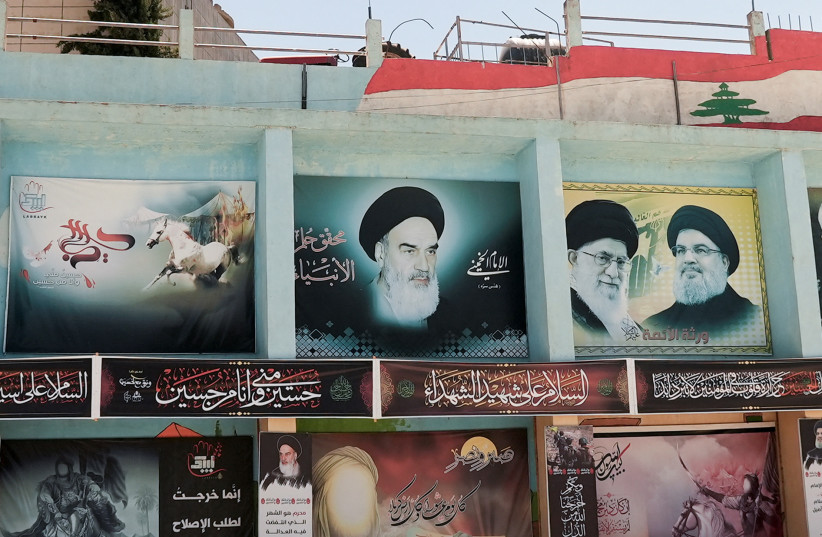An article published in Iranian media, quoting Lebanese media, appears to indicate a larger Iranian regime view regarding the recent Israel-Lebanon maritime agreement.
The agreement was brokered by the US and it ostensibly enables some kind of peace on the northern border, guaranteed through a deal regarding resources off the coast. Israel can exploit the energy resources at Karish on its side of the agreed-upon border; while Lebanon can now explore the Qana gas field to see if anything is there.
So far so good. However, Iran and its Lebanese proxy Hezbollah appear concerned that the incoming Israeli government of Benjamin Netanyahu may cancel the deal. In this respect, they are keen observers of some western commentators and also Netanyahu’s own comments about the deal.
Voices in the US who tend to be critical of Iran were also critical of the deal. In their view, Israel caved to Lebanese demands and rushed into the deal before the elections.
Iran is wary of Israel's next move
In essence, the Iranian regime is trying to analyze what Israel might do next.

“The general structure of the Zionist regime is such that the army and military institutions always influence the public opinion of the Zionists and their positions more than the political institution of Israel,” Tasnim News said.
That means that Iran thinks that it can count on institutional pressure to keep Israel’s politicians from doing anything unexpected.
Iran doesn’t trust the US or Israel. However, Iran thinks that it can deter Israel from any changes off the coast by relying on Hezbollah’s threats as well as the US concerns about “the consequences of a military confrontation on energy security in the Eastern Mediterranean.”
Iran now points to an “equation” created by Hezbollah. In this analysis, Hezbollah is presented as dictating Lebanon’s foreign and military affairs.
Iran's proxy in Lebanon
Hezbollah is quoted as saying that if Lebanon cannot extract oil and gas then “no other party” can extract the resources. “In general, all those who are familiar with the case of determining the maritime borders of Lebanon and occupied Palestine agree on the point that if the resistance [Hezbollah] did not enter the said case and America and Israel were not afraid of the consequences of trespassing on Lebanon's wealth, this country would never have been able to access the oil resources,” the report said.
On the one hand, the report can be read as bragging and bravado and trying to explain why Hezbollah exists. This means that Iran is feeding its own propaganda in a feedback loop. The loop begins with creating Hezbollah and then threatening Israel and then claiming the threats forced Israel into a deal and Hezbollah guarantees the deal. This ignores the reality that without Hezbollah it’s entirely plausible a deal would have been made many years ago and Lebanon would today already be exporting gas. So Iran both creates the problem and then creates the solution to its own problem and then celebrates having solved the thing it did in the first place.
On the other hand, the report indicates a clear message from Iran that Hezbollah will determine Lebanon’s foreign policy and that Lebanon is the main hand negotiating with Israel. This shows that the deal has a fundamental weakness, which is that Israel signed a deal with Lebanon but in fact the whole thing is controlled behind the scenes by Hezbollah. This gives Hezbollah a “right” to make trouble in the future. This means Iran has expanded its influence to the coast of Lebanon.
